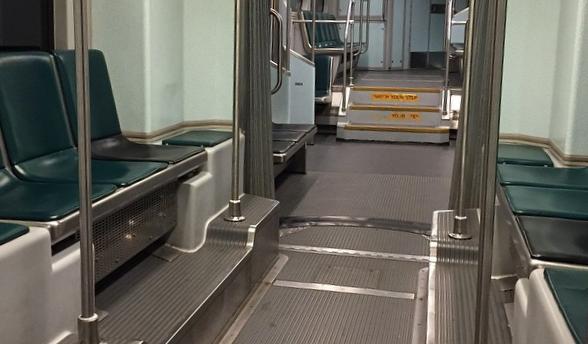Public Statement on MBTA Ridership & Pension Costs
Monday’s meeting of the MBTA Fiscal and Management Control Board brought bad news on two fronts: T ridership is down and pension costs are up. Neither is a new problem, but both will require bold action to fix.
Specifically, ridership was down 2 percent in the first quarter of the current fiscal year. As a result, fare revenue came in more than 3 percent below projections. In comments on the MBTA’s Draft Strategic Plan, Pioneer called for making increased ridership the document’s organizing principle, because it would result in more revenue, bring environmental benefits, and reduce traffic congestion. To achieve those goals, the T must view all potential projects through a ridership lens, which means focusing on Red and Orange Line upgrades that will yield dramatic increases in capacity, and resisting those like South Coast Rail and an expansion to Gillette Stadium that will not.
Bold reforms are especially needed when it comes to the MBTA Retirement Fund. The T (as opposed to its employees) is responsible for at least three quarters of pension costs. Under the best-case scenario, its contribution to the fund will rise from $74 million in 2015 to $112 million in 2022, a 51 percent increase. Actual 2022 costs could be as high as $137 million, which would represent an 85 percent rise over seven years. Despite spiraling employer contributions, unfunded liability has risen from $49 million to over $1 billion in a decade. To address this crisis, the MBTA should seek a legislative cap on employer contributions to the pension fund, hire an independent actuary and auditor to conduct an independent review of the fund, and seek legislative authorization to transfer T employees to the state pension fund.



